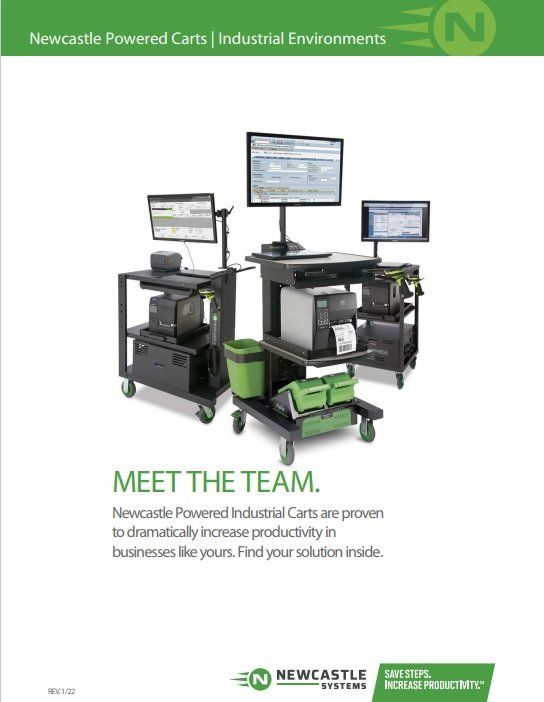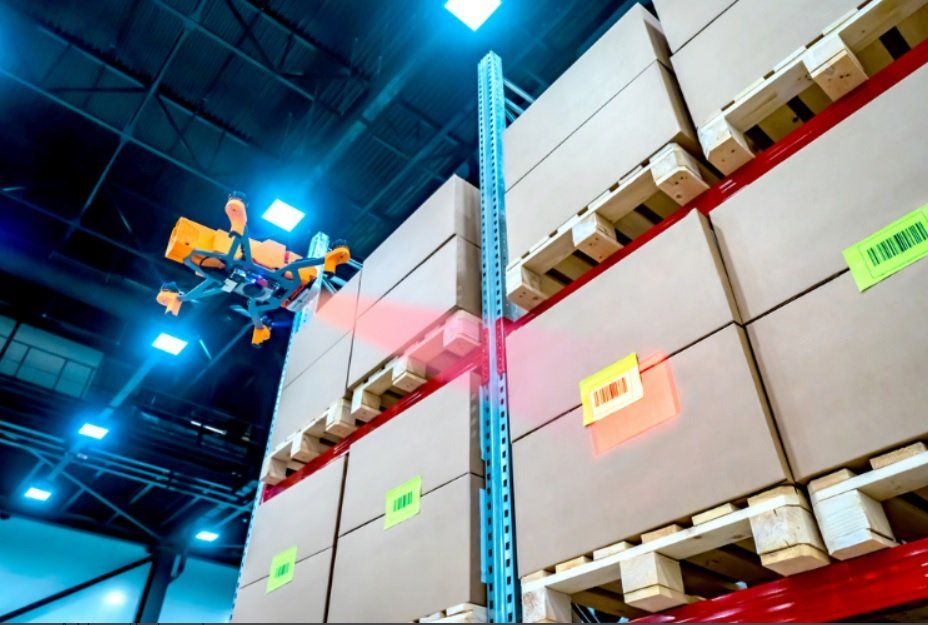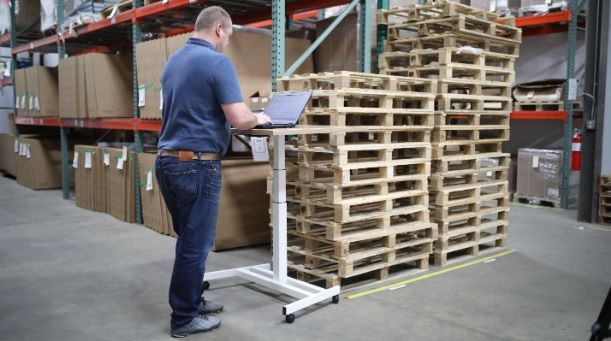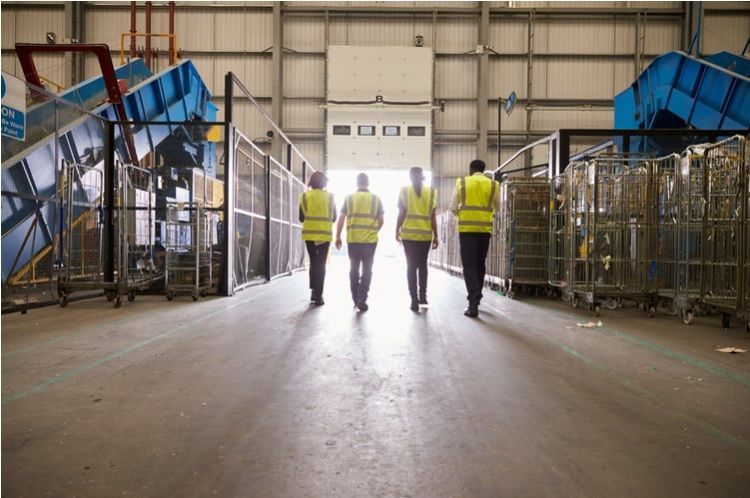
How To Comply With The Food Safety Modernization Act
food modernization act

To reduce the number of Americans hospitalized or dying from food-borne diseases and illnesses, the FDA introduced the Food Safety Modernization Act (FSMA) in 2011. This act ensures that all food products that aren't directly regulated by the FDA are safe for public consumption. Such foods include
meat, poultry, and processed eggs.
The FSMA has several requirements for food manufacturers, warehouses where food is stored, and transporters responsible for transporting these food products. Some of the requirements to improve food safety processes include the following:
● education and training on food sanitation practices and hygiene for all employees and personnel handling the food
● training to recognize allergens and handle allergens and non-allergens separately
● clear labeling and storage to prevent food products from being exposed to chemical, physical, or biological hazards
● food safety plans are set in place to reduce the likelihood of food product contamination
● the use of other preventative controls, such as written processes for food product storage at certain temperatures and humidity levels
How Warehouses Can Comply with the Food Safety Modernization Act (FSMA)
If a warehouse that is subject to the FSMA rules does not comply, the FDA can carry out an unannounced inspection and potentially shut down the warehouse. As such, it is essential that a warehouse is compliant with the act.
Some of the ways warehouses can ensure compliance with the FSMA include the following:
Having Documentation for Compliance
While your warehouse may already comply with the FSMA and fulfill all of the requirements of the act, such as having workers and personnel properly trained, labeling and storing food products correctly, and so on, that is not enough. It is also important that all of these processes are thoroughly documented so that they can be verified. In case the FDA requires proof of compliance, this documentation can provide said proof.
Monitoring of Preventative Control
The FSMA lists requirements and preventative controls that must be put into place when handling food products to prevent any hazards. While many warehouses implement these controls in the beginning, there is little to no oversight and monitoring. Warehouses must have monitoring procedures set in place for each preventative control setup. There is also a need for a quarterly or annual verification of all control methods and equipment used for the controls.
Correction of Non-Compliant Processes
During the monitoring process, it might come to light that some preventative controls are not being carried out correctly or that certain processes are being carried out that are not compliant with the FSMA regulations. In such a case, warehouses must correct these control processes. And there is also the need for regular documentation of all preventative control processes and corrections taking place.
MIDCOM has been helping food companies with warehouse solutions since 1982. Talk to one of our Specialists about thermal barcode label printers, mobile barcode scanning devices or mobile workstations today. Call now (800) 643-2664.
Annual Protection Plans
We will get back to you as soon as possible.
Please try again later.

Contract Customer Request Forms
















